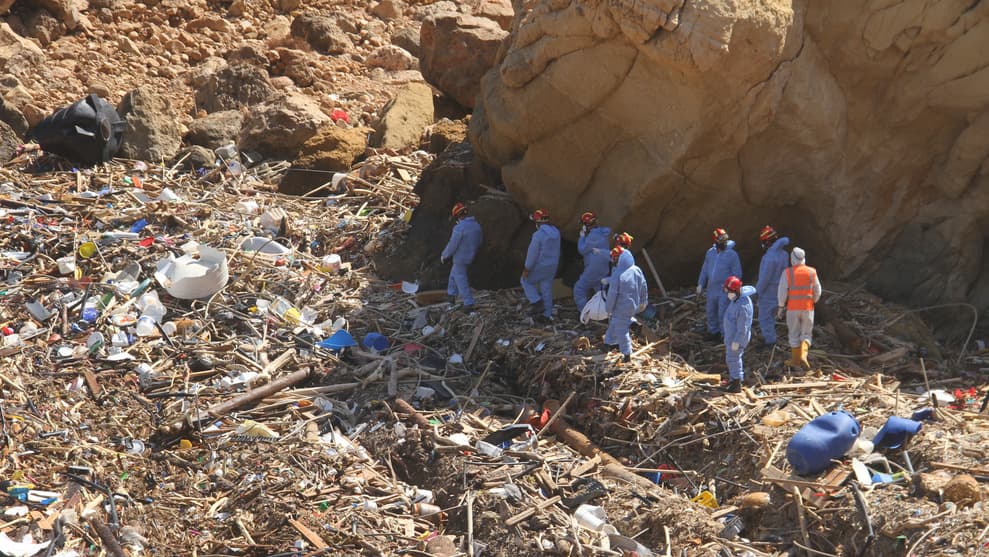Climate changes are hitting the African continent hard, notes WMO in a new report. On average, an African country loses up to five percent of its GDP as a result of extreme weather events. For example, Africa's grain production in 2023 was a whole ten percent lower than the average for the last five years.
Extreme heat in Morocco
2023 was among the top three warmest in Africa over the past 124 years. The average temperature was 1.23 degrees warmer than between 1961 and 1990. In Tunisia and Morocco, new heat records of 49 and 50 degrees, respectively, were measured.
"Over the past 60 years, Africa has had a trend of warming that has been faster than the global average. In 2023, the continent had to endure deadly heatwaves, heavy rainfall, floods, tropical cyclones, and long periods of drought," says Celese Saulo, WMO's Secretary-General in a statement.
Climate adaptation is required
Besides heatwaves, heavy rainfall and floods have caused catastrophic events in several African countries. In September, Storm Daniel caused floods in Libya that cost 4,700 people their lives. In countries such as Nigeria, Ghana, Benin, and Niger, 300,000 people were affected by other floods.
The WMO also writes that it is crucial that African countries invest in infrastructure and warning systems to be prepared for further extreme events. In countries south of the Sahara, climate adaptation will need to cost between 30 and 50 billion dollars per year over the next ten years, according to their calculations.






